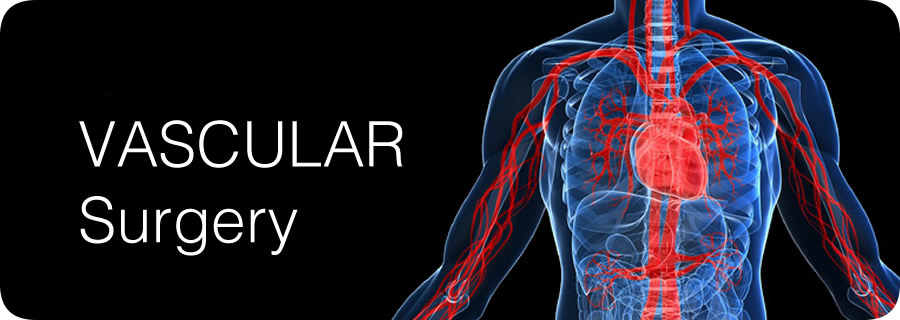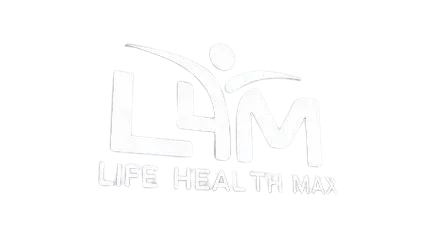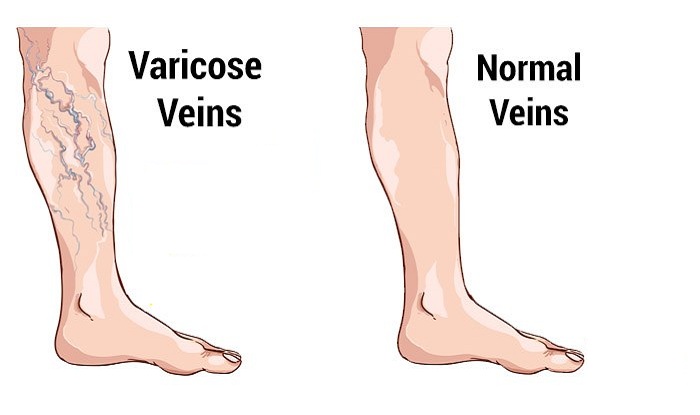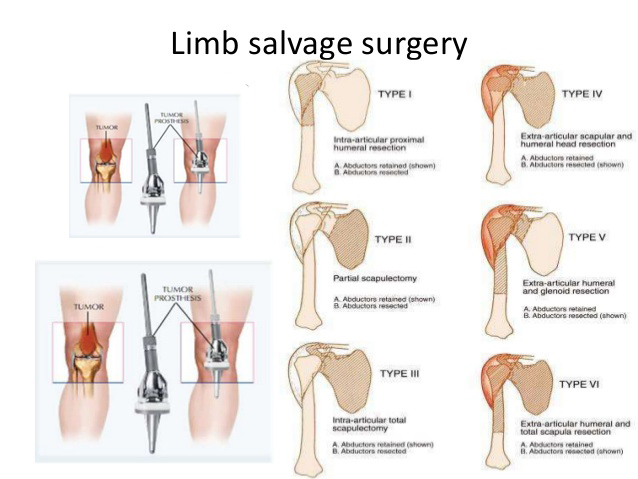Vascular surgery is a type of surgical treatment that is designed to treat diseases affecting the vascular system, which include veins, arteries, and lymphatic vessels. A lot of patients for this surgery require reassurance and lifestyle advices including losing weight or doing regular exercises. The patients are also advised to help in reducing any risks of stroke or heart diseases. One good way to avoid such risks is to stop smoking. Smoking is a huge factor in developing this condition. In fact, more than 80% of patients with vascular diseases are either ex-smokers or current smokers.

What are the types of vascular diseases that can be treated through vascular surgery?
Arterial disease is a type of condition wherein the arteriosclerosis, blood clots, and other vascular conditions occur in the arteries. Vascular surgery is also effective in treating venous disease. This condition involves problems that may occur in the veins.
What are the symptoms of vascular disease?
Although there are instances that a patient will not know or will feel no symptoms that he or she has the condition. However, some patients may still feel or see the following manifestations:
- Enlargement of the superficial veins
- Pain
- Reddish blue discoloration
- Skin that is warm to the touch
- Sudden swelling in the affected limb
Once you see or feel these symptoms, it is always best to ask for a professional or expert’s advice. They will do proper evaluation to help you ensure whether you have a vascular disease or not.
What are the factors that increase chances of vascular disease?
A person can be advised to undergo vascular surgery if his or her vascular disease can no longer be cured by less invasive or nonsurgical treatments. People with vascular diseases rarely see any symptoms that something is wrong with their circulatory system. Majority of this condition are caused by the blockage on one or more blood clots that travel from different parts of the body to the lungs. Check out the list below for the factors that increase chances of vascular disease:
- Illness or injury
- Family history of similar condition
- Aging
- Loss of elasticity in the veins and their valves
- Pregnancy
- Smoking
- Obesity
- Prolonged periods of inactivity sitting, standing, or bed rest
- Hypertension
- Diabetes, high cholesterol, or other conditions that affect the health of the cardiovascular system
- Lack of exercise

How to prepare for a vascular surgery?
A patient needs to be clinically evaluated by a qualified doctor before undergoing vascular surgery. This evaluation includes medical history as well as physical examination. There are instances when the surgeons will first treat the patient with disorders using non-operative means, like drug therapy or risk factor management. If these methods fail, then that’s the time the doctor can decide whether the patient needs surgery or not. Physicians have their own ways on how to feel, hearing, measure, and even see arterial blockages. As your artery becomes blocked, it can have a noise that is similar to water roaring over rocky rapids. Your doctor can listen to this noise directly, or can use a special amplification system in order to hear the noise.
Here are some of the tests that can be done to know if your arterial blood flow is normal:
- Angiography
- Ankle-brachial index (ABI) test
- Arteriogram
- Computed tomography scan
- Duplex ultrasound scanning
- Lymphangiography
- Lymphoscintigraphy
- Magnetic resonance imaging
- Plethysmography
- Segmental pressure test
- Ultrasound scan
If you still need more information about vascular surgery, go ahead and visit Vascular and Interventional Centre. For years, they have been trusted by many for offering quality and helpful solutions when it comes to vascular diseases.

Herry a man of many talents and interests. He has been writing on health for years and his blog covers everything from diet to natural remedies, fitness, and more. He loves learning about new things like supplements like turmeric, probiotics, green tea extract, protein powders etc., because he wants to give his readers the latest information they need in order to make healthy decisions for themselves or their loved ones.












